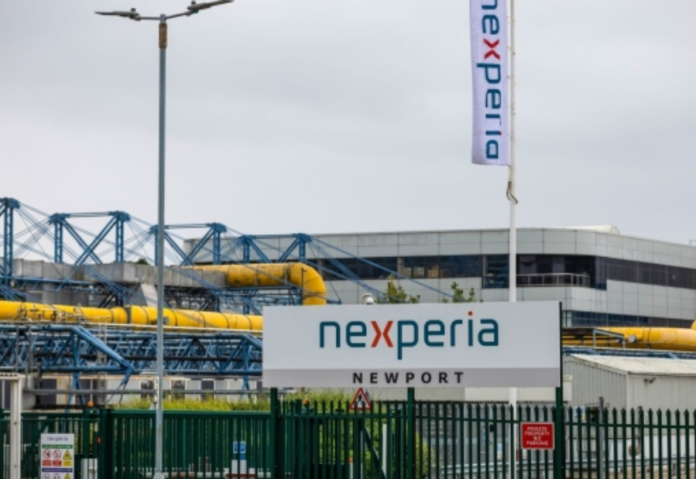Nexperia, one of the world’s largest manufacturers of fundamental semiconductors, said on Thursday that it would invest $200 million to expand the capacity of its main production site in Hamburg, Germany.
Nexperia produces diodes and transistors. Under the EU’s Chips Act, which was introduced in 2023, the investment by Dutch-headquartered Nexperia, owned by Chinese electronics manufacturer WingTech (600745.SS), opens a new tab. This is a unique instance of a computer chip investment made in Europe without support from government subsidies.
It also coincides with the European Union’s investigation into whether China is unjustly supporting local Chinese manufacturing of “legacy” chips, which are used in automobiles and home appliances like the Nexperia models that are produced in Europe. “Green energy and digitalization are inconceivable without our products,” CFO Stefan Tilger declared in a statement announcing the investment choice, referring to electric cars. “They are the nuts and bolts that make new technologies possible.”
Produced in Europe, Nexperia assembles and packages its 100 billion of these chips annually—nearly a quarter of the global supply—in China, Malaysia, and the Philippines. Nonetheless, European authorities have been closely monitoring Nijmegen, Netherlands-based Nexperia, ever since WingTech acquired the company for $3.6 billion in 2018. Citing security concerns, the British government compelled them to sell a facility in Newport in 2022.
It was denied a subsidy by the German government in 2023 to pursue the development of battery efficiency technology. And following a retroactive examination, the Dutch authorities authorized its acquisition of the startup Nowi. Nexperia intends to expand its production lines in Hamburg to produce two kinds of “wide bandgap” chips using silicon carbide (SiC) and gallium nitride (GaN), which are crucial for electrical infrastructure applications. These chips are preferred over conventional silicon chips due to their effectiveness, speed, low weight, and tolerance to high voltages and temperatures.
Do Follow: CIO News LinkedIn Account | CIO News Facebook | CIO News Youtube | CIO News Twitter
About us:
CIO News is the premier platform dedicated to delivering the latest news, updates, and insights from the CIO industry. As a trusted source in the technology and IT sector, we provide a comprehensive resource for executives and professionals seeking to stay informed and ahead of the curve. With a focus on cutting-edge developments and trends, CIO News serves as your go-to destination for staying abreast of the rapidly evolving landscape of technology and IT. Founded in June 2020, CIO News has rapidly evolved with ambitious growth plans to expand globally, targeting markets in the Middle East & Africa, ASEAN, USA, and the UK.
CIO News is a proprietary of Mercadeo Multiventures Pvt Ltd.






